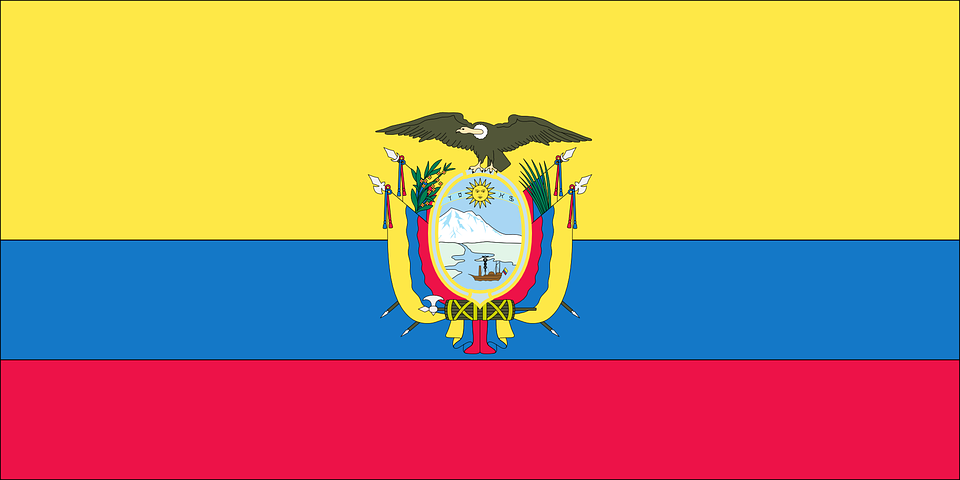Elections in Ecuador: The transition towards a new political era
- Feb 14, 2018
- 3 min read

On February 4th, 2018, Ecuador held a referendum to reform the constitution in meaningful ways, especially reforming the previous legislation passed by former president Rafael Correa. This referendum was not only aimed at reforming the constitution, but in reality it implied a new transition towards the new government of current president Lenin Moreno.
One could say that this consultation process was caused by the drastic political polarization that has been occurring since the previous 2017 presidential elections. Lenin Moreno had ran for the presidency under the patronage of Rafael Correa, but eventually, the party to which both belonged (Alianza País), fractioned into two different branches: those supporting Correa, and those supporting Moreno. For this reason President Moreno, now in power, and through the referendum, tried to distance his policies from Correa’s past ideology and simultaneously tried to indirectly please the opposition in order to pass legislation and rule the country consistently.
The results were quite significant: the YES vote drastically surpassed the NO. The referendum included 7 questions which aimed to change some aspects of the 2008 constitution, and in my opinion the second question, which strived to ban the concept of indefinite reelection, is the most salient one.
Since 2006, a single political party has dominated Ecuador because the executive powers from the past had amended the constitution in order to hold power as much as possible. With this crucial change introduced by the referendum, not only the socialist ideas of the former president are weakened, but it symbolizes the end of “El Correísmo” and the beginning of a new political era for the country. Indeed, it aims towards political renovation and a sense of national unity that will guide the country towards the implementation of less authoritarian policies.
Another decisive question in the referendum asked about the derogation of la ley de plusvalía. This law, which was passed by Correa’s government, was a confiscatory tax as it took 75% of certain land and territorial transactions. This was strictly rejected by the public opinion in the referendum not only because it was an arbitrary measure, but because the construction sector, which generates a high rate of employment, got paralyzed because no one wanted to sell their properties in order to prevent losing money.
As far as I am concerned this referendum can be interpreted as a prime example of the failure of socialist authoritarian regimes as they have a short-term success which then collapses and urges for radical change. Indeed, Correa imposed several controversial reforms such as the amendment to install the possibility for indefinite reelections, which is widely known as one of the essential characteristics of an authoritarian regime. The referendum goes directly against this by eliminating Rafael Correa´s future political career in Ecuador, which clearly reflects the discontent of people with the past leader and his ideology.
These elections are of a great importance for the future of Ecuador because they mark the end of a political era characterized mainly by corruption and totalitarianism. Even though I don't share the political ideology and values of the present political party, I think that the president is directing his policies towards the right path by alienating himself from the values of the 21st century socialism. This will allow him to efficiently rule a country which needs serious economic reforms in order to achieve a stable political future.




Comments